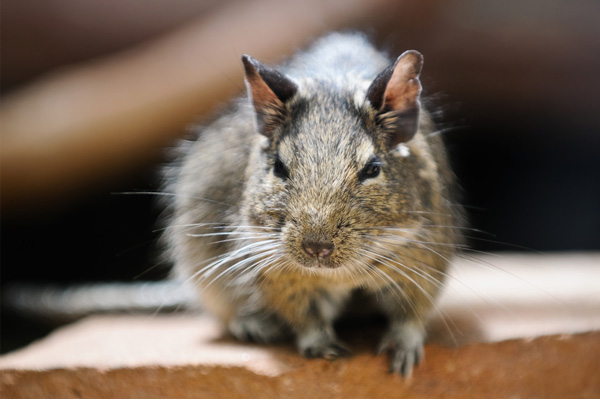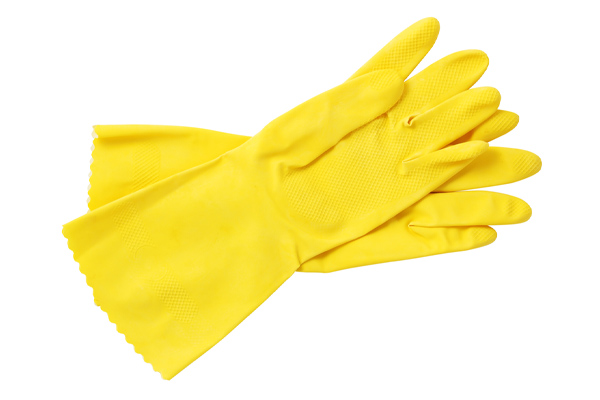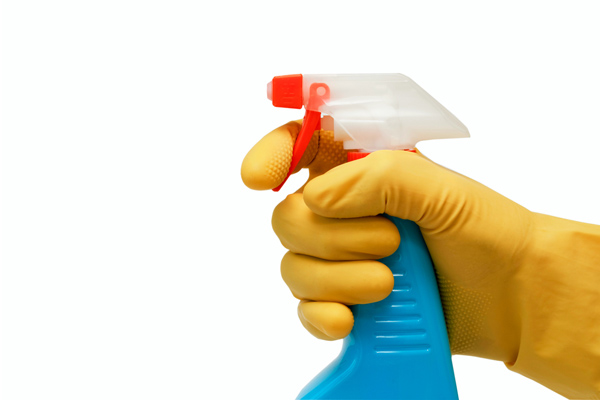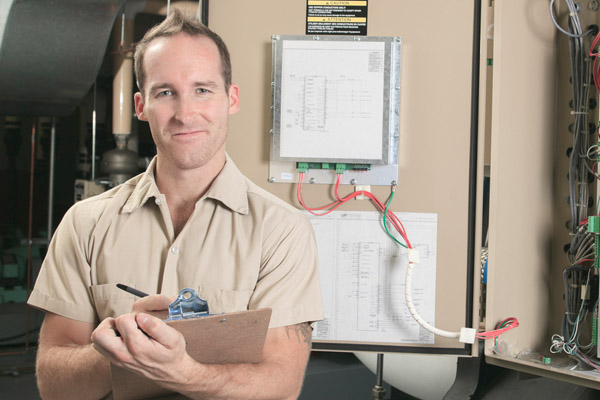
HVAC ductwork often collects dust, dirt, dander, and other particulates that can potentially pollute the air. However, ductwork also attracts pesky rodents. They have an uncanny ability to go through tiny spaces and slip into tight corners and cracks. Unfortunately, the presence of rodents can spell trouble for the homeowners, especially when a single rodent can leave 35 to 150 droppings in just one day. Aside from the dangerous microorganisms that rodent droppings generate, a dead animal in air duct will also produce a foul odor.
Since the air that is being distributed in the living spaces indoors passes through the ductwork, it likely will carry the smell, toxins, and particulates generated by the presence of rodents in the structure. This can cause a number of potentially serious health issues for the homeowners.
What Happens If There is A Dead Rodent In Your Ductwork?
If a rodent dies in the ductwork, you need to act immediately. Here are the key steps you should take:
1. Find Out If The Foul Odor Is Actually A Dead Rodent

Anything that rots or decomposes will produce a foul odor. The bad smell that is coming out of the HVAC system could actually be anything, not just a dead animal. However, when a body begins to decompose, it releases gases such as methane and sulfur dioxide. The human nose can detect these odors readily. This means if you smell something rotten, there is likely a problem somewhere. It can also get worse if the animal is bigger in size since it will produce more gases during the process of decomposition. The smell will last for several weeks until the body completely dries up.
2. Use Your Nose
After you have ascertained that the bad smell is actually coming from a dead rodent or animal in the HVAC ductwork, you need to find the body so it can be removed. You could use a type of instrument that can detect certain types of gases that carcasses emit. However, these instruments are rather impractical for home use. They also tend to be costly and may not be good investments for your home. Most people prefer to use their noses to find the source of the smell.
Seek out the place where the odor is strongest and you will likely find the source of the stench. Barring any physical or medical condition, your nose is the best instrument you will have to find the source of a stench in your ductwork. If you fail or cannot stand the stench yourself, you could call a professional HVAC technician to find problems in your ductwork and clear it.
3. Use The Right Tools
 To prepare for the removal of animal carcass, make sure to put on protective gloves first. Dead bodies may carry disease-causing microorganisms that could be transmitted by direct contact. Protect your hands by putting on protective plastic or rubber gloves.
To prepare for the removal of animal carcass, make sure to put on protective gloves first. Dead bodies may carry disease-causing microorganisms that could be transmitted by direct contact. Protect your hands by putting on protective plastic or rubber gloves.
Use an appropriately-sized plastic bag for the carcass and make sure it is intact and has no holes. This bag will be used to store the carcass so it can be sealed prior to disposal. If the location of the carcass is out of reach, you may need to use a hooked tool that is long enough for the job. A wire hanger will also work for this purpose. However, if extricating the carcass is difficult for you, call an HVAC technician to help you instead.
5. Remove the Source Of The Stench
If the carcass is close to the vents, removal should be fairly easy. Simply remove the barrier, take out the carcass, and place it inside the plastic bag. Take off your gloves and put them into the bag as well. Seal the bag or secure it tightly.
If the carcass is out of reach, use an elongated tool to reach it and bring it closer. It is likely that the decomposed material will fall apart or break off easily. Just make sure to remove every small bit. However, some extractions are challenging and difficult to complete. If you are having trouble taking out the carcass, call an HVAC professional to help you out.
6. Sanitize The Area

Once you have removed the carcass, you need to clean the area. Decomposing bodies leave behind blood, bodily fluids, and other organic matter such as hair, skin, and dried body fat. It is likely that parasites that used to live off of the rodent’s body may still be present as well.
To ensure that the area is clean, sanitize the duct. Use a liquid disinfectant and spray it on the area and in other areas as well. Rodents like to move around in their territories, so they may have spread dirt and other debris in other areas of the ductwork as well. Do not skip this step. By sanitizing your ductwork, you will eliminate any potentially dangerous microorganisms that could pollute your indoor air.
7. Identify The Point Of Entry Of The Rodents Into The Ductwork

After the HVAC ductwork has been cleaned and sanitized, it is time to determine how rodents got into your HVAC system. This will help you create a preventive plan to ensure that your ductwork does not become a living space for rodents in your area. The fact that rodents got into the ductwork means there is a problem with the ductwork. Keep in mind that ductwork systems are built with barriers that should keep small animals away.
First, check if your ductwork has holes, cracks, or damaged joints. Maybe there is a broken vent or a corroded area that resulted in a hole that is big enough for a rodent to slip through. Check the entire HVAC ductwork to identify any entry points for rodents. When you find any, have them fixed right away. You may not always find all the entry points for rodents and other small animals, so it’s best to call an HVAC technician to do the job. An HVAC technician is trained and experienced in identifying the most likely areas that rodents will use to enter the ductwork.
8. Fix The Holes

If there are holes you can reach safely, you could probably fix them yourself, although this is not a good idea. When it comes to your HVAC system, it is always best to call in a professional.
Holes in the ductwork do not only allow rodents and other vermin in, but they will also cause the air to leak. This, in turn, will lead to the inefficiency of the HVAC system. When the system is losing too much air, the system will have to compensate for the loss and work harder. As a result, the HVAC system will consume more energy to generate the same amount of hot/cool air to keep your rooms comfortable. If you have any leaks in your HVAC ductwork, make sure it is checked by a licensed HVAC professional.
Conclusion
Rodent infestation is fairly common, so it is not exactly surprising for the average home to experience a rodent issue from time to time. HVAC technicians are quite familiar with the problem, so they are quite adept at identifying and resolving the issue. The earlier the problem is identified, the safer and cleaner your ductwork will be. Not only will the technician be able to disinfect the area, but they can also seal any gaps to prevent another rodent infestation.
Call Point Bay Fuel For All Of Your HVAC Requirements

Point Bay Fuel is one of the leading heating and cooling services providers in Monmouth and Ocean Counties, New Jersey. Our certified technicians are highly trained and experienced in providing you with top-notch HVAC services, from tune-ups and installations to repairs and replacements.
We can guarantee competitive service costs in HVAC services in the area. We make sure we offer you services that address comfort, energy efficiency, and cost-saving solutions while working within your budget. If you have a problem with a rodent infestation or just want to prevent any similar issues, call Point Bay Fuel today, and let’s schedule your free in-home estimate.
Contact us now by calling (732) 349-5059 to speak to one of our home comfort specialists!
The post What To Do If A Rodent Dies In Your Ductwork appeared first on Point Bay Fuel.
No comments:
Post a Comment